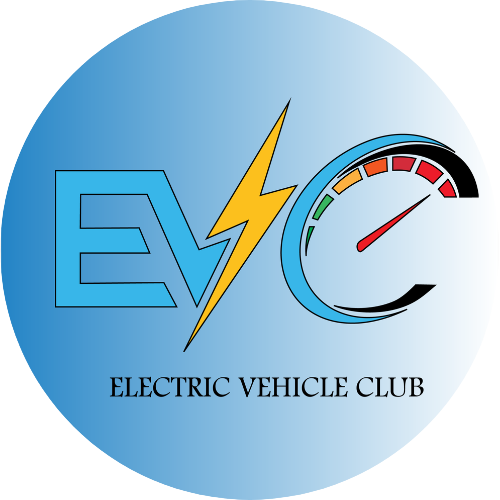Electric vehicles (EVs), gaining popularity among consumers, have a major impact on the automotive industry. Maintenance is a major concern for today’s car buyers. EVs are a great alternative to traditional gasoline vehicles, which have dominated the market for over a century. They promise a simpler ownership experience and require less maintenance. This article will explore the maintenance differences between EVs and gasoline cars and their costs, frequency, and long-term reliability.
Electric Vehicles: Simple and Easy to Use
The difference between powertrains is at the core of the comparison. Electric motors and battery packs drive EVs while gasoline cars rely upon complex internal combustion engines. This fundamental difference can have significant implications for maintenance.
- Fewer moving parts: EVs are equipped with fewer mechanical parts than ICE vehicles. The traditional engines contain hundreds of moving components that need to be lubricated, adjusted, or replaced regularly. Electric motors have fewer moving parts and are less likely to wear out.
- No Oil changes: Gasoline engine oil changes are required to maintain the engine’s smooth running. Electric vehicles eliminate the need for routine oil changes, saving time and money.
Gasoline vs. Electric Vehicles: Maintenance Costs Gasoline cars
The lower maintenance costs of EVs are one of their most attractive features. Here’s the breakdown:
Scheduled Maintenance
Periodic maintenance is required for gasoline cars, including oil changes, spark plug replacements, fuel filters, and timing belt adjustments. Over the lifetime of the car, these tasks can add up.
In contrast, EVs require very little scheduled maintenance. Owners need to check tyre pressure, rotate the tyres and replace cabin air filters or windshield wipers on occasion.
Brake Maintenance
The regenerative braking system in EVs helps reduce wear on traditional brake components. By using an electric motor to slow down the vehicle, EVs can extend the brake pad and rotor life.
Battery and Electrical System
Battery replacement is the most expensive part of EVs. Although EV batteries can last many years, they may need to be replaced eventually. The concern is lessened by advances in battery technology, and warranties that often cover 8-10 years of driving or 100,000 miles.
While gasoline cars are not subject to such expenses, they may need frequent alternator, starter, or fuel system repair over time.
Reliability, longevity and durability
The simplicity of EVs can often translate to higher reliability and longer life expectancy:
- Less Risk of Breakdown: Electric vehicles have fewer failures than gasoline-powered cars because they are equipped with fewer parts.
- Performance Predictable: EVs have a consistent performance throughout their lifetime since electric motors wear less than ICEs.
Due to the long history of gasoline cars, mechanics have a high level of expertise in diagnosing problems and fixing them, which makes repairs easier.
Software Updates: What are they?
Software updates can be downloaded over the air (OTA), which improves performance, fixes minor problems, and adds new features. It eliminates the need to visit service centres. This is a feature that gasoline cars do not have.
Benefits and Maintenance for the Environment
EVs have environmental benefits that go beyond the cost of ownership.
- No Emissions Systems: Gasoline vehicles require regular maintenance for emissions-related components such as catalytic converters and oxygen sensors. These expenses are completely avoided by EVs because they emit no emissions.
- Reduced fluid usage: Electric vehicles don’t require transmission fluid or engine cooling liquid in the traditional sense. This simplifies maintenance.
Challenges and considerations
Despite their benefits, EVs require some maintenance.
- Tire Wear: Due to the weight of EVs, they tend to wear out tires faster than gasoline vehicles.
- Specialized repairs: Although EVs need less frequent maintenance than other vehicles, the specialized parts may require visits to service centres certified by the manufacturer, which could increase costs.
The conclusion of the article is:
It’s obvious that EVs are more cost-effective and easier to maintain than gasoline cars. EVs are a great option for consumers who want to save money. They have fewer moving pieces, don’t require oil changes and offer a longer-lasting brake system. Battery replacement costs, and the need for service centers that specialize in EVs are still factors to consider.
These vehicles will become more attractive as EV technology and infrastructure improve. EVs offer a low-maintenance, eco-friendly alternative for consumers.
By Vehiclespot.ng

One Response